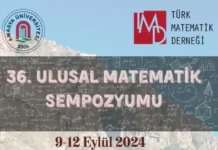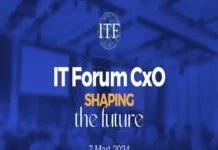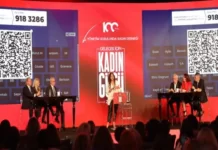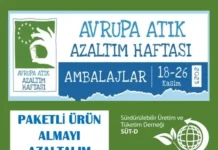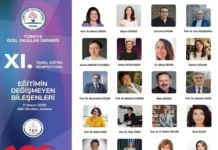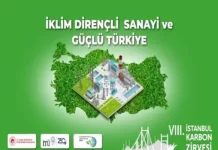This Year’s NARST Conference Theme:
BECOMING NEXT GENERATION SCIENCE EDUCATORS IN AN ERA OF GLOBAL SCIENCE EDUCATION REFORM
One consistent pattern in science education is change. Our vision of what science education should look like has changed over time through research. Early conceptions of science learning as simple and unproblematic mastery of facts have evolved into more sophisticated pedagogical understandings that also take into consideration other important dimensions such as social, cultural, epistemological, ontological, linguistic, personal, and moral. With the advent of the Next Generation Science Standards (NGSS) (Achieve, 2013) in the United States it seems we are once again in an era of change in how science education is envisioned by practitioners, researchers, policy makers and society. This new shift in our vision for science education is of vast proportion as it entails an associated shift in our personal and professional identities as science educators. It seems timely to pause and reflect on questions such as: What do the NGSS mean in terms of Global Science Education? What does it now mean to “teach the reforms?” What has changed as a result of the NGSS, what should still change? What does it mean to be a next generation science educator for college science teachers, K-12 teachers, preschool teachers, informal educators, and preservice and inservice teacher educators such as ourselves? What does the document mean in terms of teacher preparation—and is it different depending on grade level or subject matter? How might/should teaching practice change in preK-16 education to help students attain next generation standards? What does it mean for assessment practices? What does it mean in terms of subject matter integration? How might we include engineering practices in methods courses, science courses, and across all grade levels? How are those of us who are not engineers going to improve our own knowledge to the level required to teach engineering and help others teach engineering practices? How might equitable practices need to be considered, or reconsidered, and how will we meet the needs of diverse learners? What policy changes might occur, or need to occur? What differs among those who adopt the use of the NGSS and those who don’t? Come and share your ideas and research regarding some of these questions and others with colleagues at NARST 2015.
Chicago
11 Nisan Cumartesi

